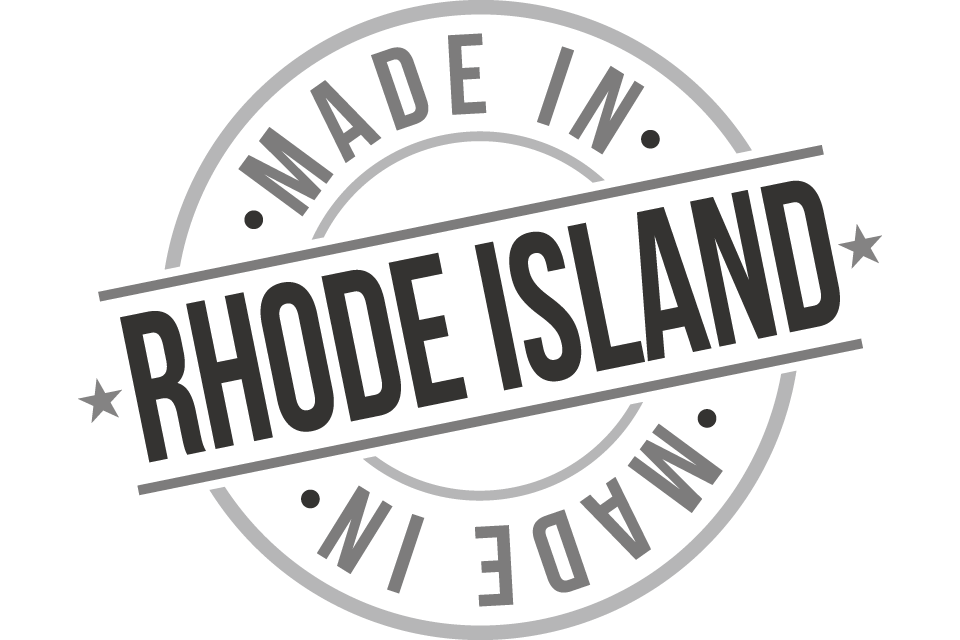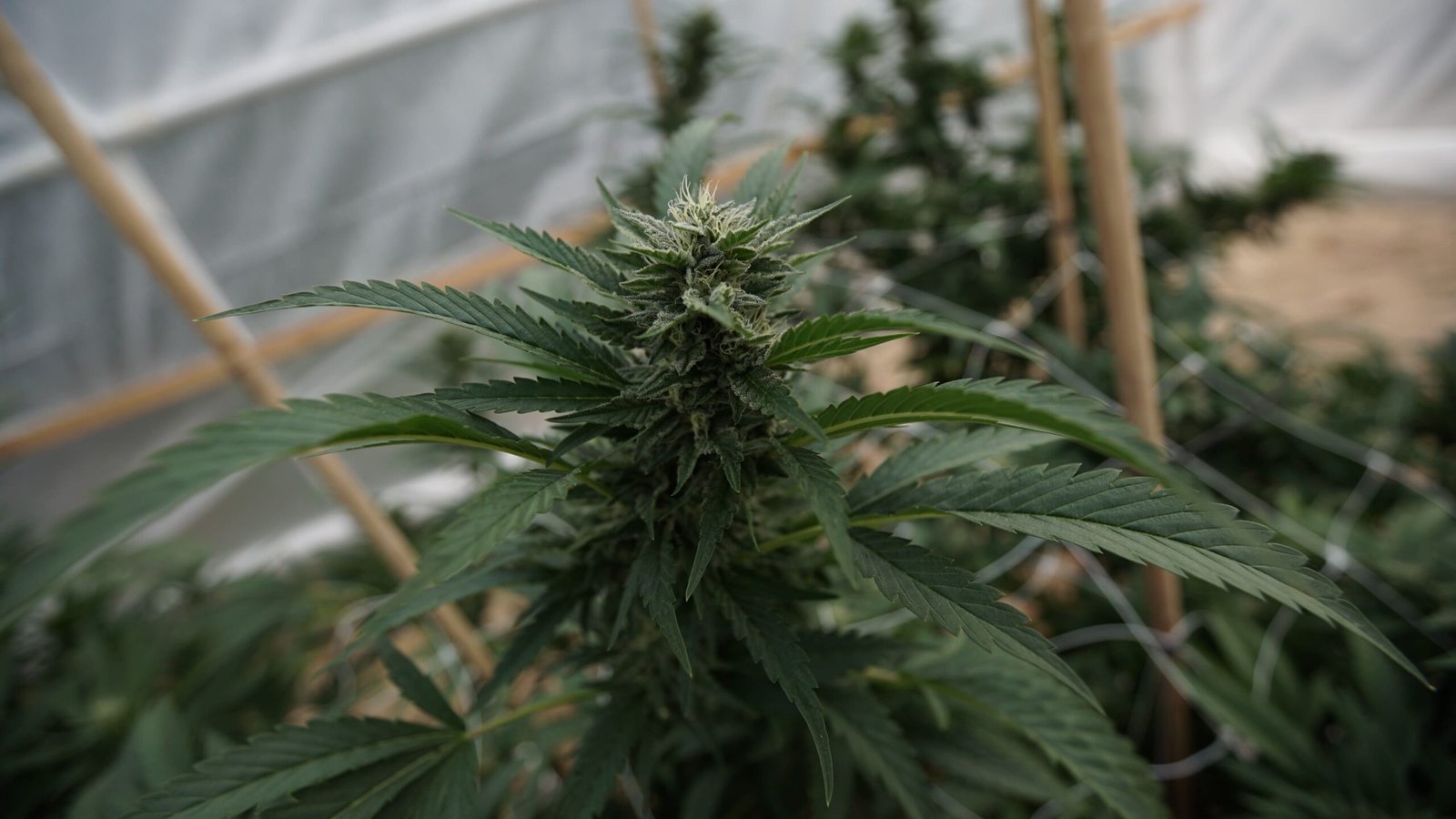Rhode Island’s Cannabis Control Commission has taken a significant step forward by approving new regulations for the state’s recreational marijuana market. This decision, made on Friday, paves the way for the issuance of 24 new cannabis dispensary licenses, nearly two and a half years after the state legalized recreational sales. The new rules were reported by the Rhode Island Current.
Commission Chairperson Kimberly Ahern remarked on the importance of this development, noting that the industry is “growing here thoughtfully, intentionally, deliberately – and it needs to reflect that.” The commission’s meeting to finalize the regulations lasted just 18 minutes, but the journey to this point has been lengthy and complex.
Since recreational sales began in December 2022, only seven medical marijuana dispensaries have been allowed to sell cannabis for adult use, with two more in the development phase. Meanwhile, around 60 licensed cannabis growers have been waiting to supply a market that has seen limited growth. Peter Kasabian of Loud LLC highlighted the impact of this slow progress, stating that the industry has already lost approximately 150 jobs due to the delays.
Kasabian expressed his relief at the commission’s recent vote, saying, “It’s awesome that this finally happened – we’ve been waiting years for this.” The new regulations, effective May 1, will introduce a “hybrid” selection process for applicants, which includes a preliminary qualification screening before participating in a lottery. This approach has specific provisions for social equity applicants and worker-owned cooperatives.
Under the new rules, six licenses will be reserved for social equity applicants and another six for worker-owned cooperatives. The commission also mandates that licenses must be distributed across six geographic zones, with a maximum of four stores in each zone. Applicants will need to pay a $7,500 application fee and a $30,000 annual licensing fee.
Ahern indicated that applications might open “certainly this calendar year and perhaps even faster.” Following the release of draft regulations in January, the commission received over 380 public comments during a 30-day feedback period.
Two lawsuits that had challenged the legality of residency requirements and aspects of the social equity program were dismissed in February, which previously delayed the implementation of these regulations. Additionally, officials have noted that direct-to-consumer hemp products pose a potential threat to traditional cannabis businesses in Rhode Island.
A preliminary analysis from last October identified Central Falls, Providence, and Woonsocket as the only municipalities meeting the criteria for social equity zones under the 2022 law. Some census tracts in Pawtucket and Newport also qualified. The commission plans to continue refining the social equity criteria in future meetings, according to Ahern.
Rhode Island’s cautious approach stands in contrast to neighboring Massachusetts, which quickly embraced recreational cannabis sales after voter approval. However, this deliberate method reflects concerns about market oversaturation and stability seen in other states.




